Asking whether the thing I willingly spend all my free time doing, get paid to write about, and dedicate myself to the maintenance of is enjoyable is perhaps a strange way to start an article. I mean, what sane person would devote so much of their life to something they don’t like?
Well, the short answer is, many people. But, don’t worry, it is not exactly my own.
In a strange way, this article stemmed from my reading of a philosophy book, Stillness is the Key by Ryan Holiday. In this book, the author describes hobbies as something that provide escape, something that allows you to think of nothing but the action while it is taking place, and something that you flock to without hesitation and without worry. By this definition, the latter began to concern me, as the thing I have spent a lifetime calling my hobby did not quite fit this standard.
Praying for Rain
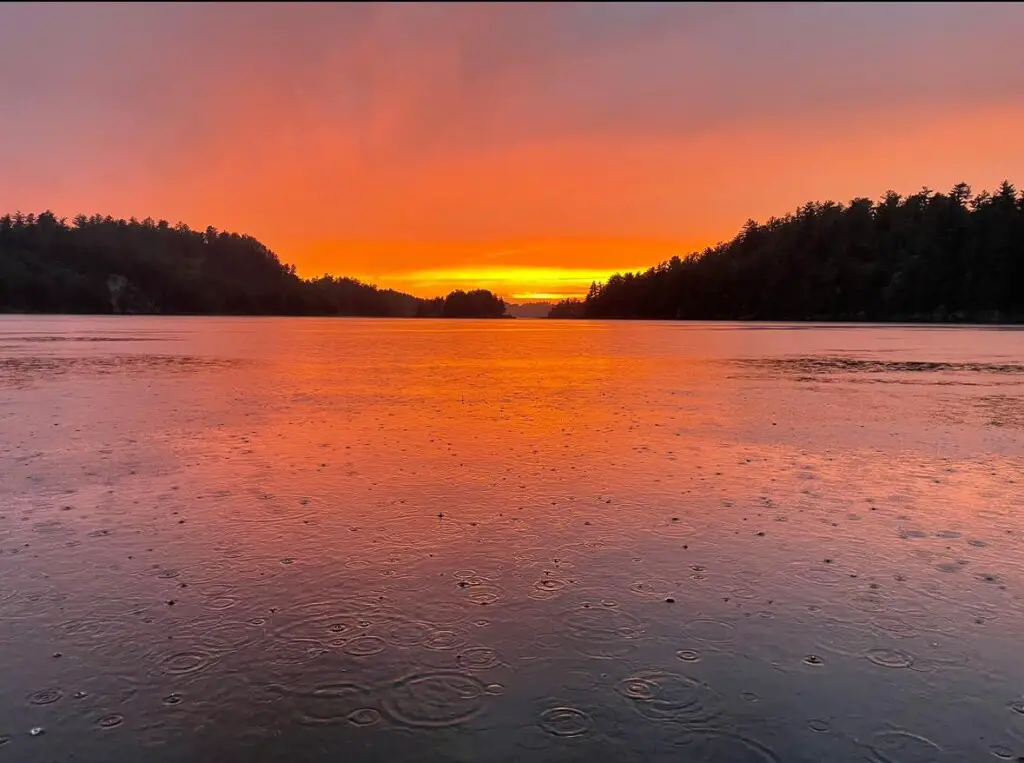
While my hobbies of hunting and fishing absolutely take me away from my day-to-day routine (less so now than in the past, I suppose) and do wholly occupy my mind while doing them, these things are not done without hesitation.
In fact, a considerable portion of the times I go out fishing or hunting are on days when I would have been just as happy staying in bed, at least in the short term. I can remember countless frigid November mornings when I would look out the window praying for enough snow or rain to convince me to ditch the tree stand and head back into my bed. And countless February nights hoping to see strong enough winds in the forecast that I would feel less guilty about skipping the morning walleye bite and sleep-in to catch the evening instead.
Is this occasional reluctance to pursue my hobbies a result of a lack of passion? An obsession with sleep? Have I built an unhealthy relationship with the thing I thought I loved and the thing I have decided to build my life around?
After hours of meditation on the subject, I think these questions have multiple answers and, in fact, suggest that “hobby” is perhaps not the right word to define my, and many others, relationship with the outdoors.
Passion, Hobby, or Obsession
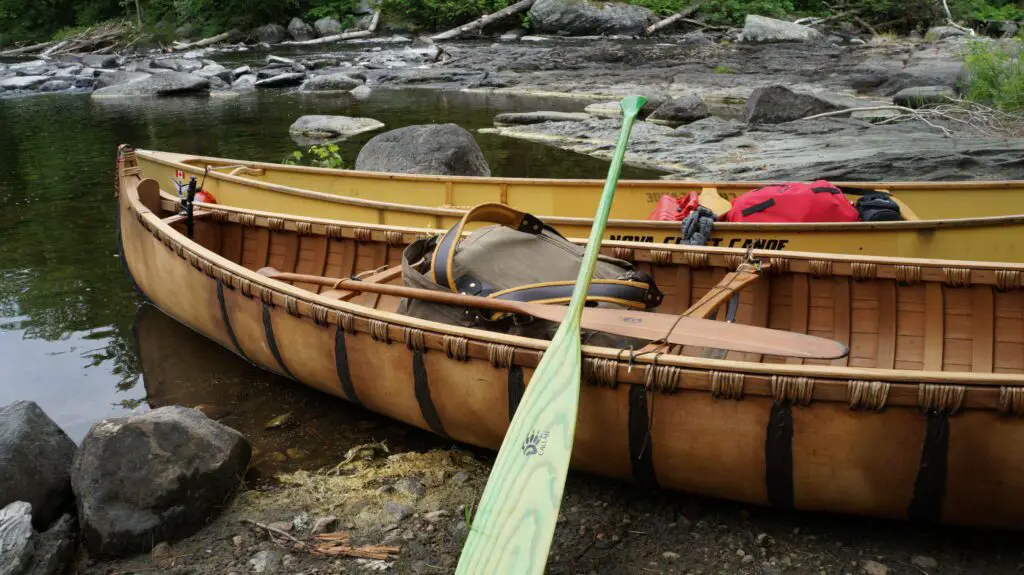
I believe the difference between a hobby and a passion is the point at which you feel pleasure. As Ryan Holiday explained in Stillness is Key, hobbies should draw you in and allow you to focus in solely on them while they are being carried out. In life, few things are capable of this, but the things that can do so because of the direct short-term pleasure they provide. In this sense, fishing certainly falls into this category. The feel of that subtle tap as you work a jig near the bottom of a flat or the not-so-subtle slap of a dry fly are about as pleasurable of an experience as you can find. These are the things that unconsciously draw you to the water and are the first things that come to mind when you think of what fishing is.
What comes from passion, on the other hand, is not this.
Passions arise in the long term and only come as a result of obsession. On the nights that I mentioned earlier when you pray for storms or on the mornings that you dread hearing the coffee pot that you, yourself, set, going back to bed is so much easier than starting trucks, launching boats, or walking to blinds. But despite the dread, exhaustion, and frustration, something compels you to keep moving forward. A passion and expectation that the reward will be greater than the sacrifice.
In psychological terms, this is known as delayed gratification, “the act of resisting an impulse to take an immediately available reward in the hope of obtaining a more-valued reward in the future.”
Delaying Gratification
In my opinion, the willingness to delay gratification and embrace suffering in the pursuit of something is what separates a passion from a hobby and is what stops those who lack this ability from truly immersing themselves in an activity or lifestyle.
For me, some of the best trips into the outdoors I have ever had were miserable for the majority of their duration. One particular trip to the north country of BC was so cold our tents froze shut from the steam of our own breath. With Grizzly tracks all around the tent the first morning we woke up, the next two were spent with a 12 gauge shotgun tucked beside our sleeping bags acting as a steel magnet for any heat we had left in our bodies.
The days were hardly better. The sun warmed the air up to a balmy 3 degrees Celsius by midday. On the wade-in, my unstudded, unfelted boots gave way on a slippery boulder and I tumbled into a jagged rock just below the surface. As I stood, a small hole formed in the knee of my waders, one that would only be discovered later when fishing in a deep pool with numb legs and a soon-to-be waterlogged cell phone.
But why did I embrace all of this suffering? Why didn’t we cut out losses and head back to the local logger motel? Bed bugs, for one. But in the same deep hole where I was drowning my phone and purpling my legs sat 34” bull trout, demented on a Kokanee feed and hitting every fly that resembled something that was, or had once, lived. The long-term pleasure of this strange hobby outweighed all the bad stuff that was happening at the same time. In fact, everything bad only enhanced the enjoyment I got out of these fish.
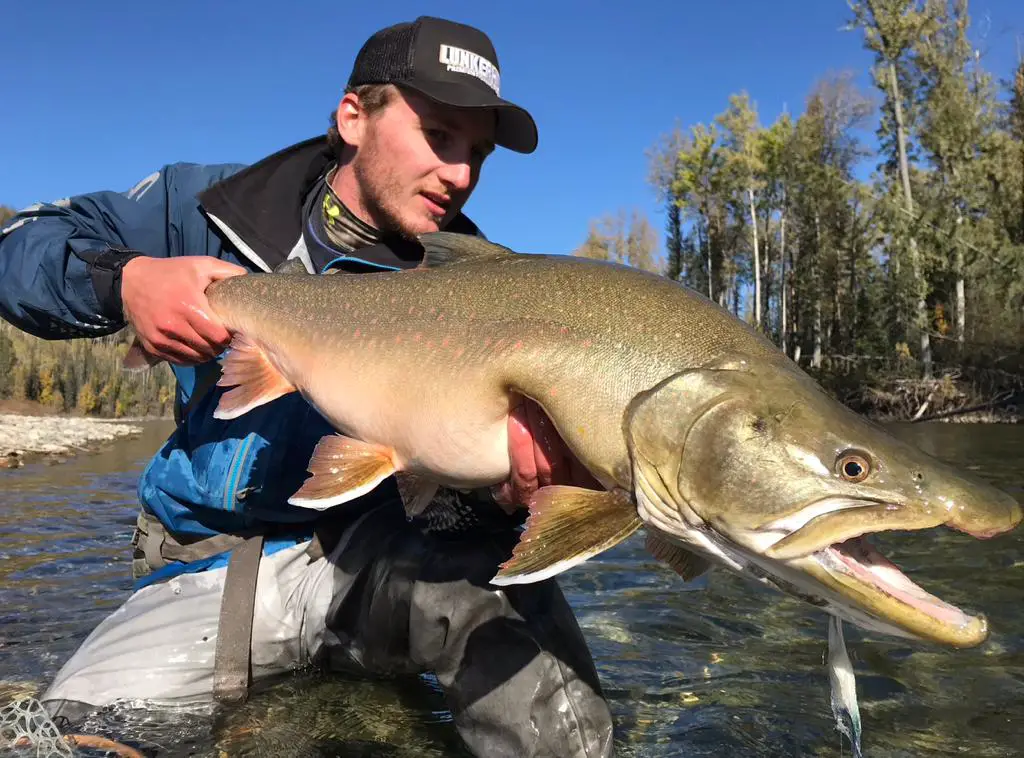
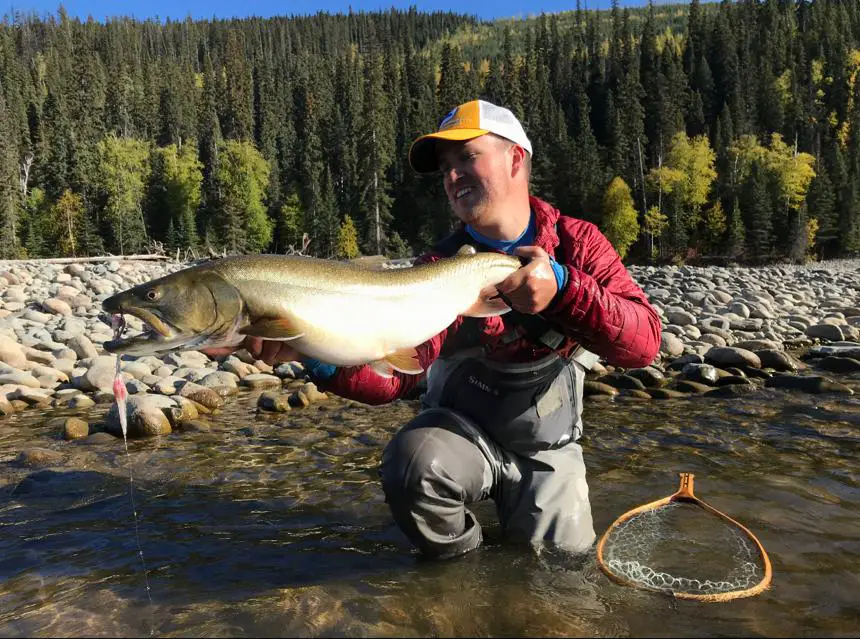
The story of that trip would have been far less interesting had it been 20 degrees, bugless, bearless, and our clothes were dry. Moreover, the fish that were in this area were only there precisely because of how unpleasant it is to get there, offering itself to only the most devoted, stubborn, and weather-beaten anglers who are willing to break gear, sleep in the late fall frost, and stare down grizzly tracks on the way to its banks.
Defying the Contemporary
In one of my favourite definitions of a hobby, Aldo Leopold in his 1949 Sand County Almanac claims that “a hobby is a defiance of the contemporary.” Although Aldo would likely disapprove of the commodification of my hobby, I have always viewed this as the perfect definition of what I have made of fishing and hunting in my life. However, I feel the word hobby still does not do it justice.
In the situation I laid out above, a casual hobbyist would have been just as satisfied on a 20-degree day, catching small resident bulls from the bank and travelling back to camp or to the local logger motel to sleep on a real, albeit questionably maintained, bed. In a sense, this is likely the healthier way to interact with the things you like.
After all, this article was inspired by a book on stoicism; a philosophy that teaches that the key to happiness comes from the abandonment of material goods and the acceptance that what you have is good enough. In many ways, I aim to live by this mantra. In the pursuit of these passions, however, I think there is value in striving for more.
Our fisheries rely on those who strive for more to demand more of those who protect them and to push us toward an environment better, cleaner, and more sustainable than the one we currently live.
And this, I believe, is what Aldo Leopold meant when he said that a hobby is a deviation from the contemporary. This “hobby” should take you back to a time, both physically and mentally, when man was one with nature. Not to a manicured golf course or to a maintained river bank, but back to a place where man and nature are equal and where he must sacrifice his comfort for what he knows is waiting down the road.
Being satisfied with easy and convenient will not get us to a place where opportunities for truly wild experiences are possible and where people are allowed to escape, truly escape, not to farm ponds, but back to the wilderness where the hobby existed when it was not a hobby, but a means of survival. The only way to preserve these wild places is through obsessive and passionate voices demanding their existence and by showing others why they deserve to be valued.


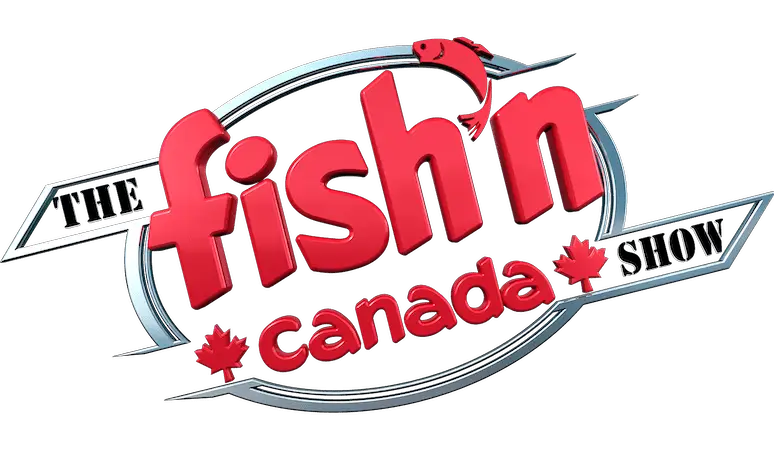

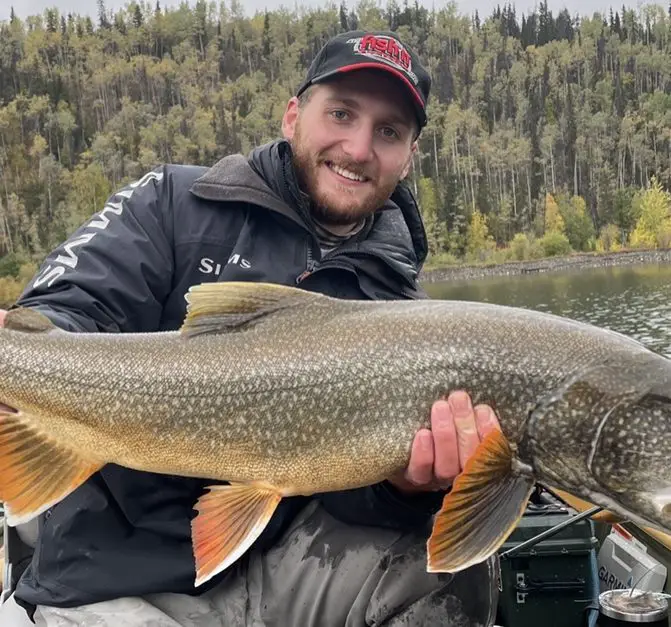
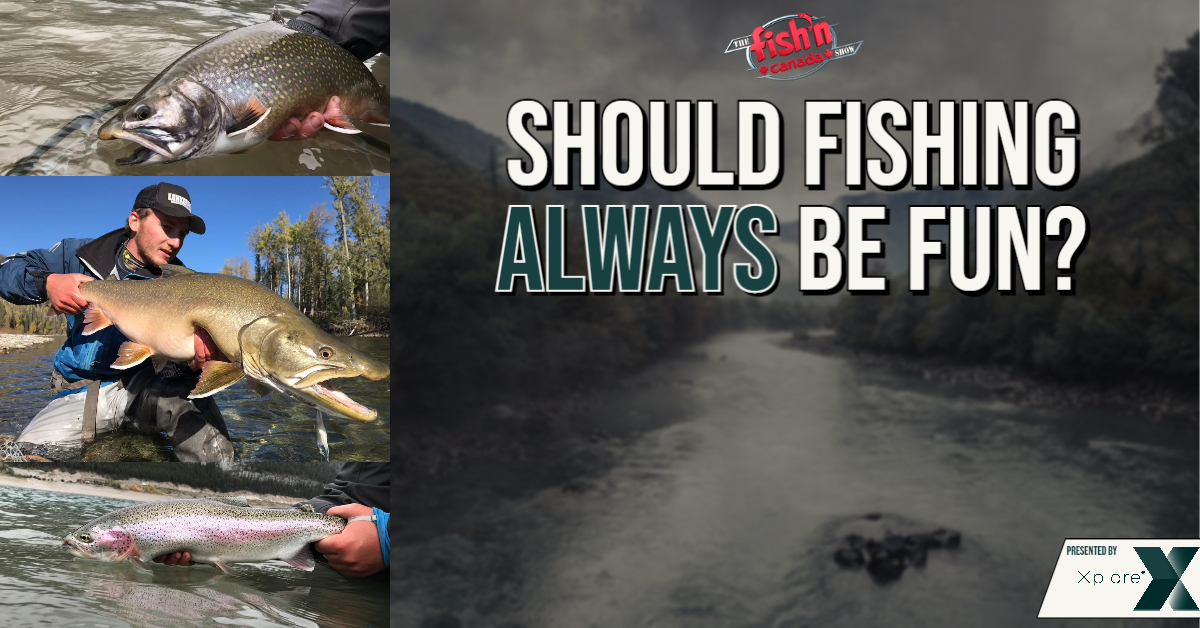

2 Responses
Sadly all lake’s within a 4 hour drive from Toronto are over fished with no Ministry around to regulate the public on over fishing
It should always be exciting